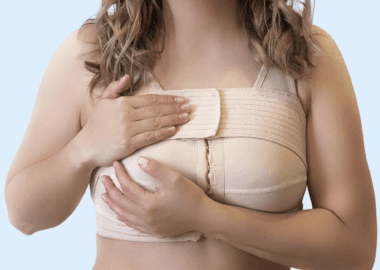Treatment in Countries
View Top Treatments
- Total Hip Replacement
- Knee Replacement
- Disc Replacement
- CABG (Coronary Artery Bypass Grafting)
- Double Heart Valve Replacement
- AVR / MVR (Aortic/Mitral Valve Replacement)
- Pacemaker Implant
- Kidney Transplant
- Liver Transplant
- Bone Marrow Transplant
- Breast Cancer
- Colon Cancer
- Stomach Cancer
- Cervical Cancer
- Lung Cancer
- Prostate Cancer
- Brain Tumor
- Deep Brain Stimulation
Top Doctors By Specialty
- Best Knee Replacement Surgeon in India
- Best Urologist in India
- Best Spine Surgeon in India
- Best ENT Surgeons in India
- Best Orthopedic Docotor in India
- Best Cardiologist in India
- Best Gynecologist in India
- Best Gastroenterologist in India
- Best Oncologist in India
- Best Nephrology Doctors in India
- Best Cosmetic & plastic Surgeon in India
- Best Transplant Surgeon in India
Top Hospitals
Contact us
+91-8984900900
Customer support
helpdesk@marlinmedicalassistance.com
Email us at
+91-8984900900
Call for an appointment
Feedback or Questions?
Have a comment, question, or want to share something with us?
All Right Reserved Marlin Medical Assistance
Made in NextJs 13, by Digital Transformation Agency - Ima-appweb.com


